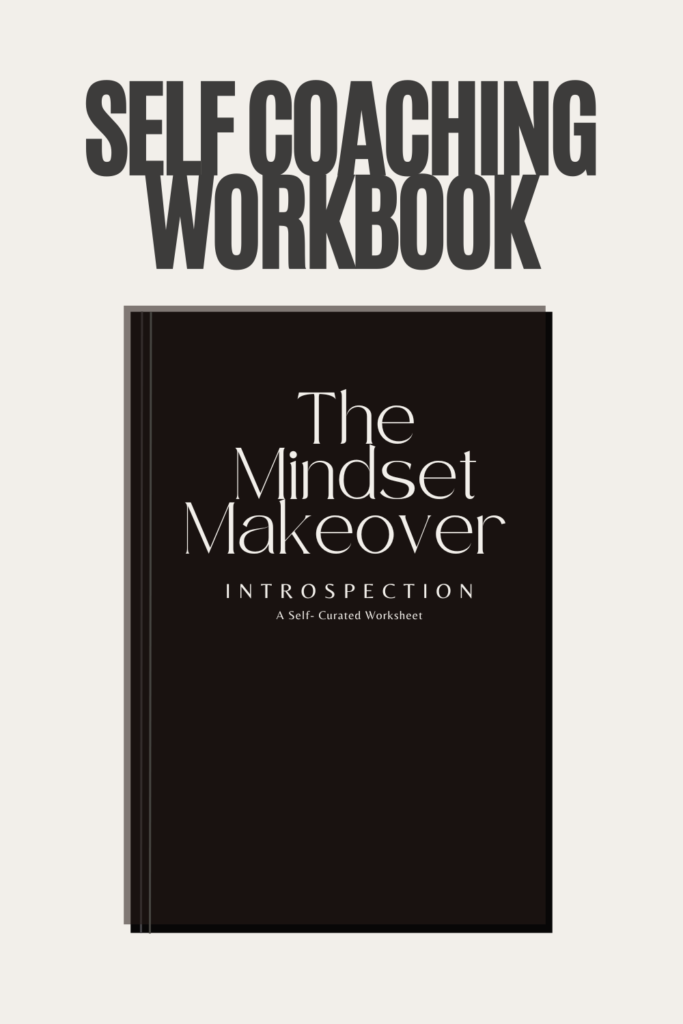Many people feel aimless despite their hard work, often making little meaningful progress. This sense of stagnation frequently stems from a lack of reflection on their goals and undefined objectives. After all, would you embark on a significant journey without knowing your destination? Highly unlikely!
Setting goals is crucial for personal growth and success. By establishing clear and attainable objectives, you pave the way for a more purposeful and fulfilling life.
Whether you’re striving for career achievements, better health, or personal development, following these essential principles of personal goal-setting can transform your life.
Why Set Goals?
Setting goals is like creating a roadmap for your future. It provides direction, purpose, and motivation to strive for something greater.
Whether it’s a career milestone, a fitness achievement, or personal development, the journey begins with understanding the golden rules of personal goal setting.
Setting goals is a common trait among top athletes, successful businesspeople, and achievers across fields. Goals provide both a long-term vision and immediate motivation. They enhance knowledge acquisition, optimize time and resource management, and elevate self-confidence.
Clear goals offer a sense of achievement, transforming what seemed like a tedious process into a journey of progress and self-discovery. So, whether you’re aiming for personal or professional growth- goal setting is your compass to success.
Related:
- From Small Life To Big Dreams: 13 Steps To Live Up To Your Full Potential
- 13 Surprising Habits Fearless People Practice Daily
- The 24 Change Challenge: 365 Days To A New And Improved You
Setting Goals in Key Areas of Your Life
When it comes to envisioning your future and carving a path to success, setting goals is paramount. Consider these key categories as you formulate your aspirations:
- Career – What milestones do you aim to reach in your professional journey? Define your desired level of achievement and identify the steps to get there. Related: The E-Lifestyle Advantage: Get Rich Without Capital
- Financial – Determine your monetary aspirations and their alignment with your career objectives. How does your earning potential complement your career goals? Related: 50 Freelancing And Online Business Ideas To Make Money Fast
- Education – Are there specific areas of knowledge you wish to acquire? Recognize the skills and information needed to achieve your broader goals.
- Family – Contemplate your family aspirations. Whether it’s parenthood or nurturing relationships, visualize how you want to be perceived by your partner and extended family.
- Passion– Explore your passions or any artistic ambitions you hold. Do you have creative goals waiting to be realized?
- Attitude – Reflect on your mindset’s impact. Identify behaviors hindering your progress and set goals to improve or resolve them.
- Physical – Consider your physical well-being. Envision your athletic objectives or your desire for enduring health in your later years.
- Pleasure – Dedicate time to enjoyment and relaxation. Ensure a portion of your life is dedicated to your happiness.
- Public Service – Contemplate how you can contribute positively to the world. If global betterment resonates with you, outline the steps you need to take.
Take a moment to brainstorm within these realms. Then, handpick goals that best reflect your aspirations in each category. As you journey towards a fulfilling life, let these goals guide your steps.

Unlock your potential with the Self-Coaching Workbook. This powerful tool guides your self-discovery and growth, offering exercises and strategies to overcome challenges and achieve goals. Invest in yourself and unlock your full potential today.
13-Step Goal-Setting Process
1. Craft Your Vision Statement
Your vision statement is the overarching idea that encapsulates your long-term aspirations. It paints a vivid picture of what you want to achieve, helping you stay focused on the bigger picture.
Related: How To Easily Redefine Your Goals For A Successful Fulfilling Life
2. Aligning Goals with Values
Your goals should be aligned with your core values. When your pursuits resonate with what truly matters to you, you’re more likely to stay committed and find fulfillment. Related: How to Challenge Your Comfort Zone in 16 Simple Ways
3. The SMART Goal Guideline
- S- Specific. Clearly define your goals with precision. Vague goals are harder to achieve as they lack clarity.
- M- Measurable. Having measurable goals allows you to track your progress and celebrate incremental successes.
- A- Achievable. While aiming high is admirable, ensure your goals are realistically attainable to maintain your motivation.
- R- Relevant. Your goals should be relevant to your overall life plan, ensuring that they contribute to your personal growth.
- T-Time-Bound. Setting deadlines for your goals creates a sense of urgency and helps you manage your time effectively.
4. Break it Down into Actionable Steps
Breaking your goals into smaller, actionable steps prevents overwhelm and makes your objectives more manageable.
- Set Goals in Writing. The physical act of writing down a goal makes it real and tangible.
- Make an Action Plan. This step is often missed in the process of goal setting. You get so focused on the outcome that you forget to plan all of the steps that are needed along the way.
- Stick With It. Remember, goal setting is an ongoing activity, not just a means to an end. Build in reminders to keep yourself on track, and make regular time slots available to review your goals.
5. Use Tools that Help You Prioritize and Focus
- The Eisenhower Matrix. Use the Eisenhower Matrix to categorize tasks into four quadrants: urgent and important, important but not urgent, urgent but not important, and neither urgent nor important.
- The Pomodoro Technique. This time management technique involves working intensely for 25 minutes and then taking a 5-minute break.
6. Track Your Progress
- Start Journaling. Keeping a journal helps you reflect on your journey, track your achievements, and identify areas for improvement.
- Celebrate Milestones. Celebrating small victories along the way boosts your morale and keeps you motivated.
7. Embrace Flexibility
- Adapt to Change. Life is unpredictable, and being adaptable allows you to adjust your goals in response to changing circumstances.
- Learn from Setbacks. View setbacks as learning opportunities that can lead to even greater achievements in the long run.
8. Stay Persistent
- Cultivate Grit. Grit is the determination and resilience to keep going despite challenges. Cultivate it to overcome obstacles.
- Overcome Procrastination. Tackle procrastination by breaking tasks into smaller parts and starting with the easiest.
9. Seek Accountability
- Share Goals with Others. Accountability partners can provide support, encouragement, and a sense of responsibility to stick to your goals.
- Professional Coaching. A professional coach can offer guidance, strategies, and insights to help you achieve your goals more effectively.
10. Visualize Success
- Guided Imagery. Practice guided imagery to vividly imagine your success, which can enhance your motivation and self-confidence.
- Vision Boards. Create a vision board with images and words that represent your goals. It serves as a daily visual reminder.
11. Maintain Self-Care
- Balanced Well-being. Prioritize self-care to ensure your physical and mental well-being while pursuing your goals.
- Mindfulness. Practicing mindfulness helps you stay present, reducing stress and anxiety associated with goal pursuit.
Related: 12 WAYS MINDFULNESS CAN SHIFT YOU FROM DOING TO BEING
12. Learn from Failures
- Fail Forward. View failures as stepping stones toward success, as they provide valuable insights and experience.
- Extract the Lessons. After a failure, analyze what went wrong and extract lessons that can guide your future actions.
13. Review and Adjust Regularly
- Weekly and Monthly Reviews. Regularly review your progress weekly and monthly, making adjustments to stay on track.
- Make Necessary Adjustments. Be open to changing your approach or modifying your goals if your circumstances or priorities shift.
14. Stay Committed
- Build Habits. Incorporate goal-related activities into your daily routine to turn them into lasting habits.
- Overcome Distractions. Identify and minimize distractions that can hinder your progress and focus.
Related: 21 EASY HABITS TO BUILD A SUCCESSFUL GIRLBOSS LIFESTYLE
the bottom line is.
In the journey of personal goal setting, these golden rules act as beacons of guidance. Remember, the process is as important as the result. By defining your vision, setting SMART goals, staying persistent, and embracing flexibility, you can chart a course toward a more fulfilling and purposeful life.
Frequently Asked Questions
FAQ 1: Why is goal setting important?
Goal setting provides direction and motivation, helping individuals achieve their aspirations.
FAQ 2: How do I stay motivated when pursuing long-term goals?
Celebrate small wins, remind yourself of your vision, and seek support from friends or mentors.
FAQ 3: What if my circumstances change after I’ve set a goal?
Be open to adapting your goals to accommodate new circumstances while staying true to your vision.

















Add comment